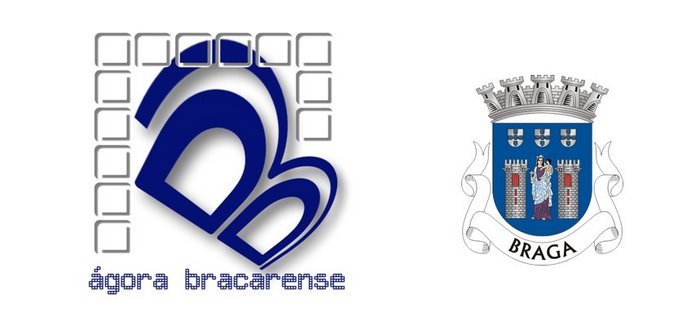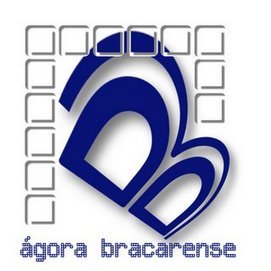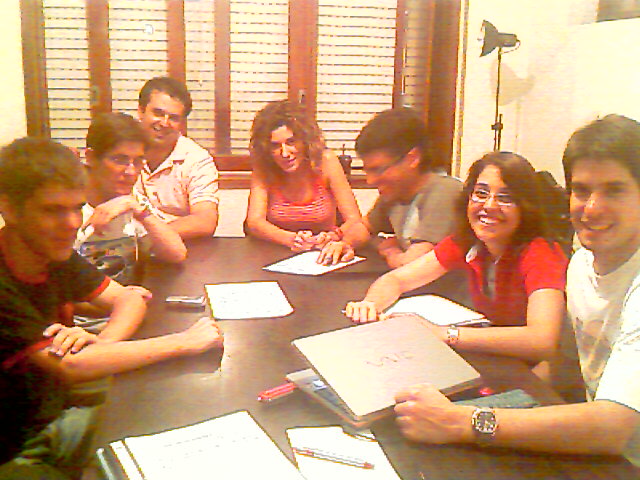On January 18, the “Polo Multimediale La nave di Harlock” will host the concluding conference of the EU project YES-Young European Stage Network.
Taking advantage of the opportunity offered by the conclusion of the works around the YES project, the event will represent a perfect occasion to stimulate reflections and debates concerning youth needs and the policies (national, local and European) which aim at satisfying such needs, but also concerning the role of youngsters in Europe.
The YES project, coordinated by Mondo-Palcogiovani from Brescia, is financed with the support of the European Youth Programme (Action 5) of the European Commission and with the contribution from the Municipality of Brescia. The project involves organizations (both public and no-profit), from six EU countries (Italy, Slovenia, Poland, Germania, Spain e Portugal) which will take part to the event. The YES project aims at favouring dialogue and debate among the actors (institutions, associations etc.) working with and for young people, through the consolidation and promotion of a network aimed at promoting youth projects in the framework of EU opportunities as well as local initiatives.
Youngsters represent in today’s Europe not only a resource but also the future protagonist of the European project. At the same time, for its youngsters, Europe represents a great opportunity for personal and career development. However, as of today, such resource seem to be very little valorized still and Europe (with its institutions, policies and programmes) still too distant from the daily life of many European youngsters. In spite of the several European initiatives (programmes such as Youth in Action, but also Erasmus and Leonardo), as well as the national and local ones (i.e. creation of specific policies and activities for youngsters etc.); discrepancies persists and they should find a solution in a tighter collaboration between different political level and also between institutional actors, youth actors and the youngsters themselves.
In this context, the final conference of the YES project intends to, not only disseminating information concerning the project and the YES network as tools at the service of European youngsters to help them take full advantage of the opportunities available to them, but also favour a larger debate concerning the key role youngsters play in the evolution of the European Project.
 The portuguese group responsible for the participation in "Politics and Youth Culture" project (Marisa, Marta, Tiago & friends) organized a start-up dinner to gather the first participants and to prepare their first local initiatives concerning this project.
The portuguese group responsible for the participation in "Politics and Youth Culture" project (Marisa, Marta, Tiago & friends) organized a start-up dinner to gather the first participants and to prepare their first local initiatives concerning this project. opportunities or less access to information and will bring to them something about Europe so they can be aware of Europe matters in a funny and interesting way.
opportunities or less access to information and will bring to them something about Europe so they can be aware of Europe matters in a funny and interesting way.





